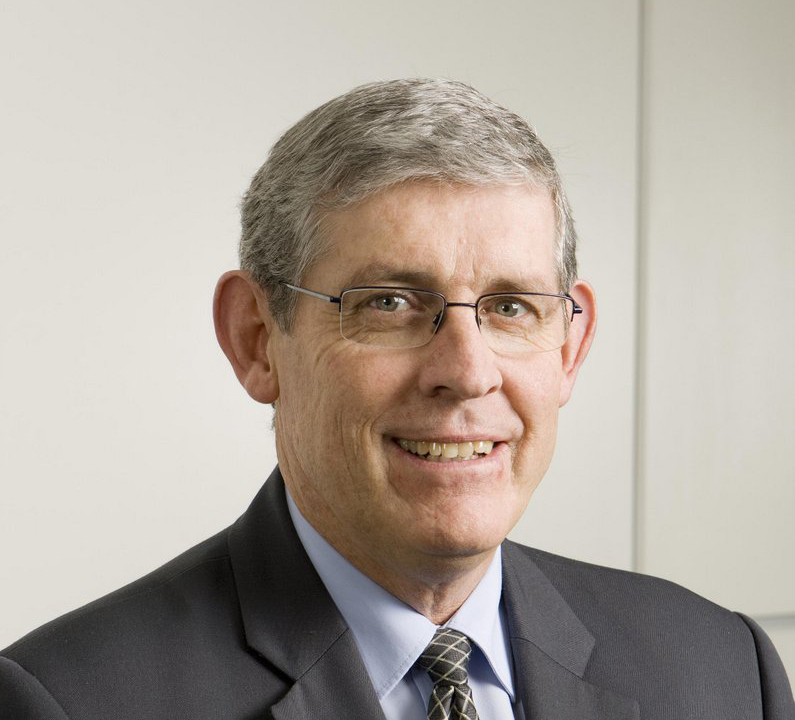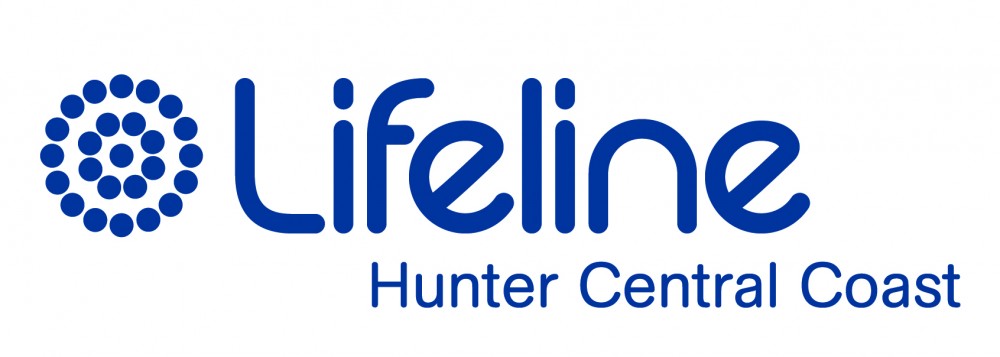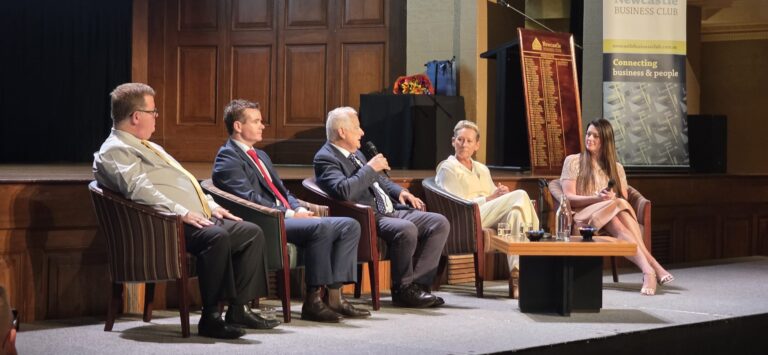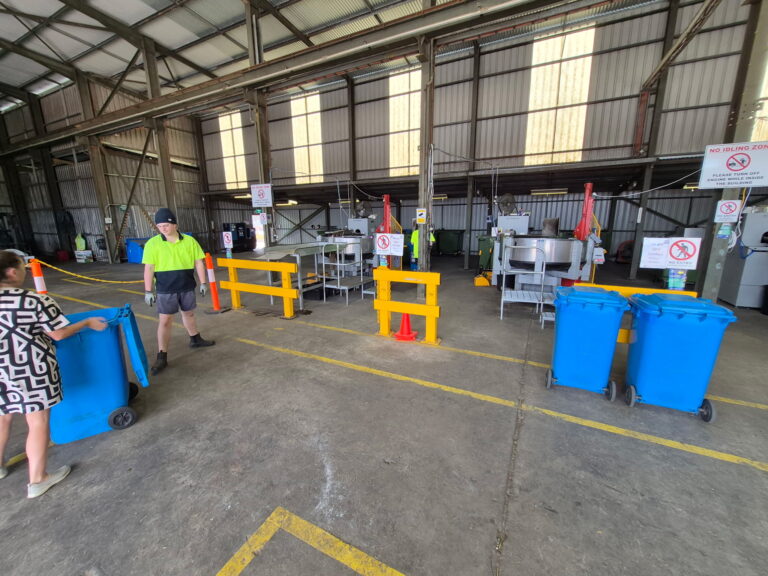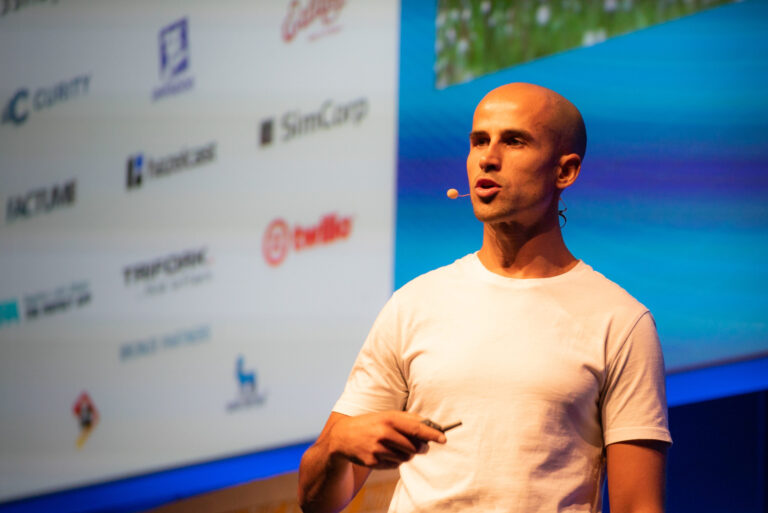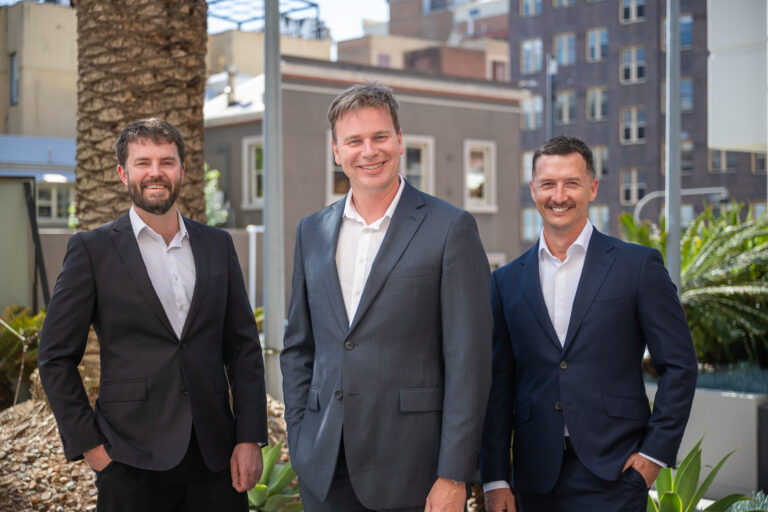Gary Webb is a well-known leader in the Hunter business community. He was the CEO and Director of Newcastle Port Corporation from 2004 to 2013. These days he is consulting and using his expertise on the boards of several organisations.
Gary is the Chairman of Lifeline Hunter Central Coast, as well as a Board member of the Australian Maritime Safety Authority and a Director of the Hunter Research Foundation and the Hunter TAFE Foundation. A Fellow of the Australian Institute of Company Directors, he’s also served as a Chairman of Ports Australia and Newcastle Seafarers Centre Limited and was a Director of the Hunter Valley Coal Chain Coordinator.
Gary is also known for giving his time to support the Hunter community. He is a Member of the University of Newcastle’s Vice-Chancellor’s Leaders’ Forum and he was a member of the University of Newcastle’s Priority Research Centre for Translational Neuroscience & Mental Health Advisory Board.
In 2008 Gary was named as Newcastle City Council’s Australia Day Citizen of the Year.

What makes a good leader?
A good leader equips and empowers the people of an organisation to deliver the best imaginable customer experience.
A good leader is passionate, fair, inspiring, participative, challenging and decisive.
What is a key issue facing leaders of not-for-profit organisations in the Hunter?
Maintaining or increasing income, while delivering high-quality, efficient and innovative services, continues to be a key issue for NFPs in the Hunter.
You have moved from being a CEO to being a Board member. How can Boards contribute to organisations?
The Australian Institute of Company Directors Good Governance Principles and Guidance for Not-for-Profit Organisations says it well. ‘Effective governance structures allow organisations to create value, through innovation, development and exploration, and provide accountability and control systems commensurate with the risks involved.’ A Board provides support for the organisation and great links to the community.
Governments, donors, stakeholders, community and business take comfort from an experienced NFP Board overseeing an organisation.
How can local leaders help not-for-profits such as Lifeline?
Local leaders currently help NFPs through their sponsorship, attendance at events, encouraging employees to volunteer and/or be mentors in programs and allowing employees to choose a charity to support through a workplace giving program.
Other ways local leaders can help NFPs could be by allowing employees to undertake external reviews of NFPs’ systems, policies and procedures and supporting employees to mentor passionate, talented and committed NFP employees.
What local businesspeople inspire you?
During 2009, the leaders of the coal companies, coal terminals and Hunter Valley Coal Chain service providers negotiated a major restructure of the contractual arrangements for the movement of coal through the Hunter Valley and Gunnedah Basin. The ability of these leaders to negotiate the only agreement of its kind in the world is inspiring. It is an example of business leaders negotiating and collaborating over a long period of time to deliver a significantly better outcome. These leaders considered the interests of their organisations but were also able to work together to consider the bigger picture.

